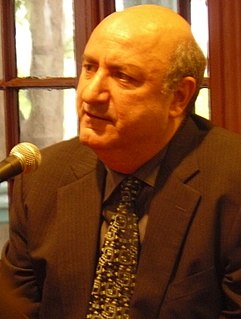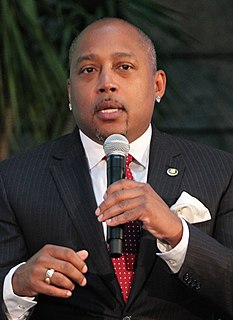A Quote by Patricia Cornwell
In the first person, the readers feel smart, like it's them solving the case.
Related Quotes
I might ask about the first time a person heard a song that they really responded to, like when I asked Mos Def when he first "got" hip-hop and he went into this memory about how hearing someone rap really affected him. He wasn't simply remembering the event. It was almost like he was occupying that space again. When you can really transport an interview subject like that, your readers can feel it and it helps them to connect with the artist.
I'm a shy, nervous person, and I don't like teaching with "terms." I didn't teach them, like, "This is first person, this is second person, this is foreshadowing," or whatever, so no one probably felt like they were learning anything. But I feel like teaching in that way reduces the concept to a term.
Authors also create lovable, friendly characters, then proceed to do terrible things to them, like throw them in unsightly librarian-controlled dungeons. This makes readers feel hurt and worried for the characters. The simple truth is that authors like making people squirm. If this weren't the case, all novels would be filled completely with cute bunnies having birthday parties.
My own experience with being interviewed is mixed. I suppose they're a part of my job, and as I would like readers to connect with my books, I do them. I've also made many lifelong friends whom I first encountered as interviewers - as a writer, they're a terrific way to meet and add smart new people to one's life.
Addison writes with the ease of a gentleman. His readers fancy that a wise and accomplished companion is talking to them; so thathe insinuates his sentiments and taste into their minds by an imperceptible influence. Johnson writes like a teacher. He dictates to his readers as if from an academical chair. They attend with awe and admiration; and his precepts are impressed upon them by his commanding eloquence. Addison's style, like a light wine, pleases everybody from the first. Johnson's, like a liquor of more body, seems too strong at first, but, by degrees, is highly relished.
If a fan approaches me and I feel like they have some kind of agenda, I'm probably gonna get real closed-off and not talk to them. But if I feel a connection with someone, or if I feel a certain trust with somebody, I feel like, 'You know what, I can open up to this person and tell them about an experience.'
One reason some people are long-winded is because they're trying to impress their conversational counterpart with how smart they are, often because they don't actually feel that way underneath. If this is the case for you, realize that continuing to talk will only cause the other person to be less impressed.





































